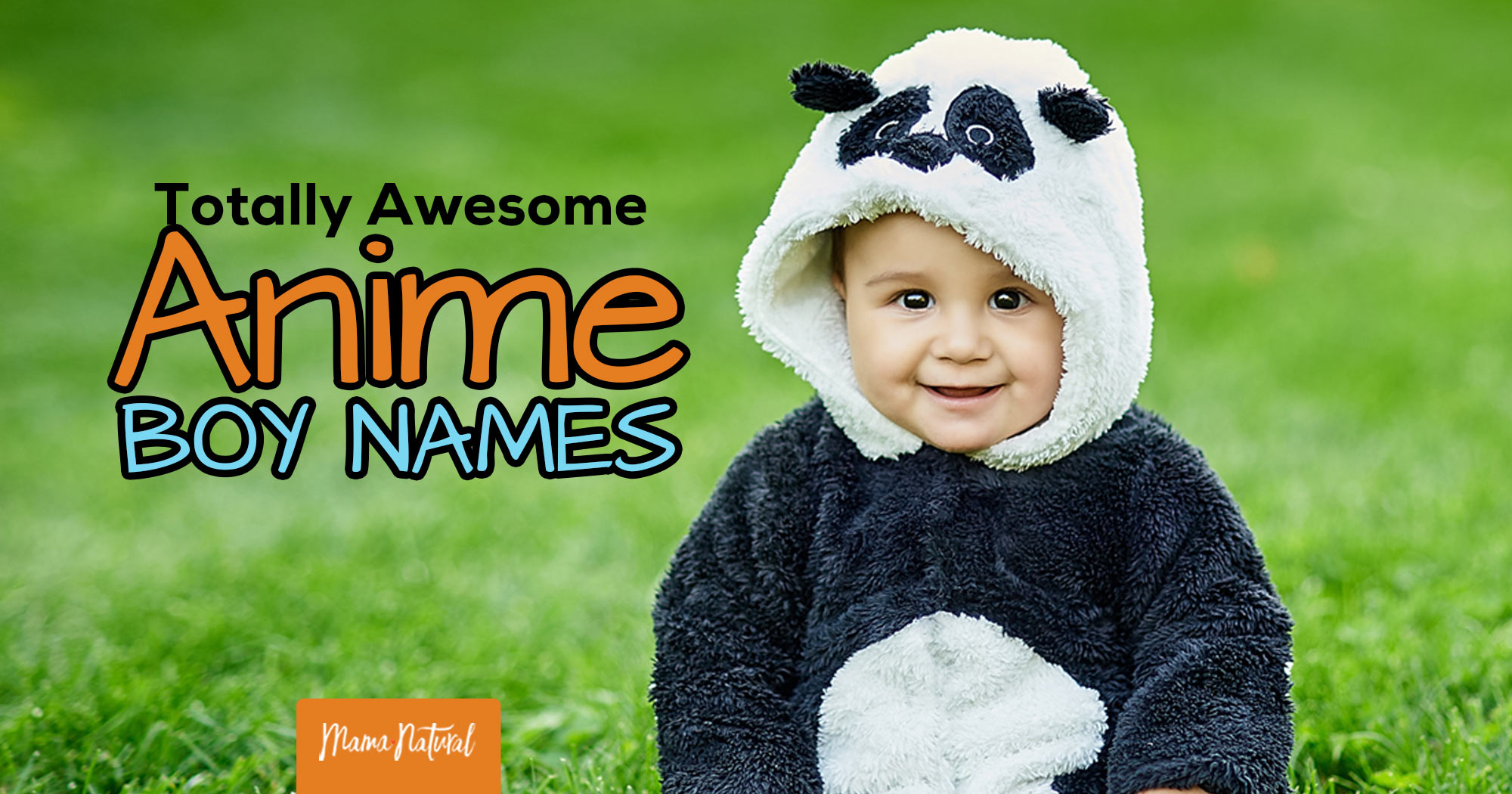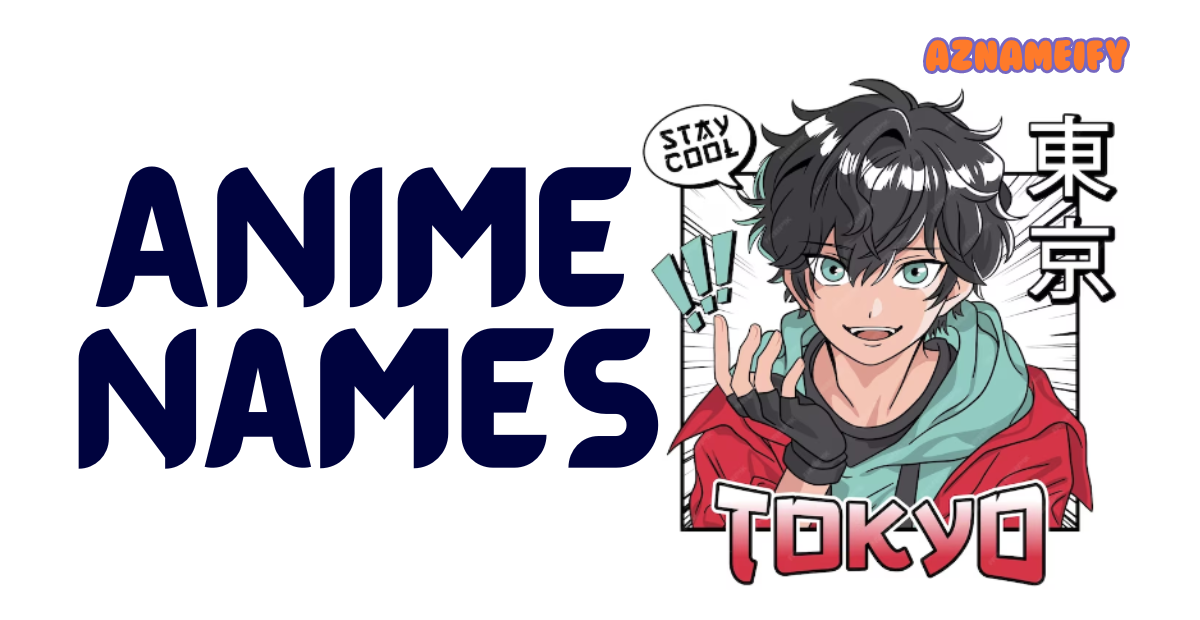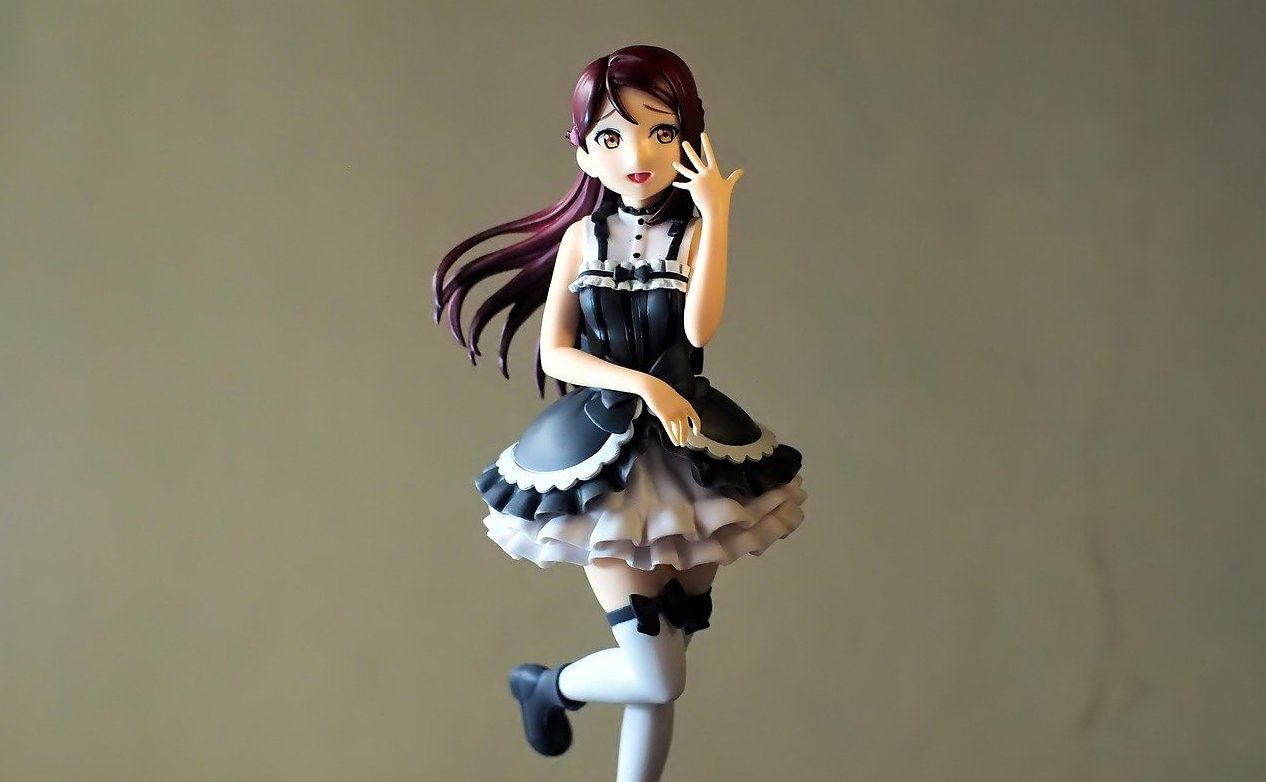Have you ever found yourself mesmerized by the enchanting world of anime? Whether it's the stunning visuals, gripping storylines, or the unforgettable characters, anime has a way of captivating our hearts. One of the most fascinating aspects of anime is the unique anime names given to its characters. These names are not just random; they often hold deep meanings and cultural significance. So, let's dive into the realm of unique anime names and uncover the secrets behind them.
Imagine watching your favorite anime series and stumbling upon a character with a name so unique that it stays with you long after the episode ends. These names are crafted with care, often reflecting the personality, background, or destiny of the character. From the fiery passion of Naruto to the mysterious allure of Lelouch, each name tells a story.
In this article, we’ll explore the art of unique anime names, their meanings, and how they shape the characters we love. Whether you're an anime enthusiast or just curious about the culture, this guide will give you insights into the fascinating world of anime naming conventions. Let's get started!
Table of Contents
- The History and Evolution of Anime Names
- Cultural Significance of Unique Anime Names
- Most Popular Unique Anime Names
- Character Names and Their Meanings
- How Anime Names Are Created
- Current Trends in Anime Naming
- Fantasy-Inspired Anime Names
- Inspiration Behind Unique Anime Names
- Resources for Finding Unique Anime Names
- Conclusion: Why Unique Anime Names Matter
The History and Evolution of Anime Names
Back in the day, anime names were pretty straightforward, often reflecting Japanese culture and traditions. As anime evolved, so did the naming conventions. Producers and creators began experimenting with unique names that could resonate with international audiences. This shift brought about a whole new level of creativity and imagination.
For instance, early anime series like "Astro Boy" featured names that were simple yet impactful. Fast forward to today, and you'll find names like "Gon Freecss" from "Hunter x Hunter," which are both unique and memorable. The evolution of anime names mirrors the growth of the industry itself, embracing diverse cultures and influences.
Let's take a quick look at how anime names have changed over the years:
- 1960s-1970s: Traditional Japanese names
- 1980s-1990s: More experimental and fantasy-inspired names
- 2000s-present: A blend of global influences and creativity
Why Naming Matters in Anime
Names in anime aren’t just labels; they’re a crucial part of character development. A well-thought-out name can instantly convey a character’s personality, backstory, or even their role in the story. Think about it – when you hear the name "Light Yagami," you immediately associate it with power, intelligence, and a darker side. That’s the magic of unique anime names.
Cultural Significance of Unique Anime Names
Anime is deeply rooted in Japanese culture, and this is reflected in the names of its characters. Many unique anime names carry cultural significance, drawing inspiration from mythology, history, and even everyday life in Japan. For example, the name "Sakura" means cherry blossom, symbolizing beauty and fleeting moments in life.
Some names also incorporate kanji characters, which add layers of meaning. A character named "Hikari" might have the kanji for "light," suggesting a bright and hopeful personality. This cultural depth makes anime names not just unique but also meaningful.
How Culture Shapes Anime Names
The influence of Japanese culture on anime names is undeniable. Here are a few examples:
- Mythology: Names inspired by gods and legends, like "Zeus" or "Thor" in Western culture
- Seasons: Names reflecting the beauty of nature, such as "Haru" (spring) or "Aki" (autumn)
- History: Names inspired by historical figures or events
Most Popular Unique Anime Names
There are countless unique anime names out there, but some have become iconic due to their characters' popularity. Let’s take a look at some of the most popular ones:
Top 10 Unique Anime Names
- Goku (Dragon Ball)
- Lelouch Lamperouge (Code Geass)
- Edward Elric (Fullmetal Alchemist)
- Naruto Uzumaki (Naruto)
- Mikasa Ackerman (Attack on Titan)
- Ichigo Kurosaki (Bleach)
- Levi Ackerman (Attack on Titan)
- Erwin Smith (Attack on Titan)
- Kirito (Sword Art Online)
- Asuna Yuuki (Sword Art Online)
These names have become synonymous with the characters themselves, making them unforgettable to fans worldwide.
Character Names and Their Meanings
Every character in anime has a name that tells a story. Let’s explore the meanings behind some of these unique anime names:
Goku: Derived from the Chinese novel "Journey to the West," Goku means "awakened one," symbolizing his journey of self-discovery.
Lelouch Lamperouge: "Lelouch" is a French name meaning "lily," representing purity, while "Lamperouge" suggests a red flame, symbolizing his fiery ambition.
Edward Elric: "Edward" means "rich guard," reflecting his protective nature, while "Elric" hints at his alchemical prowess.
Names That Define Characters
When you think about it, names like "Naruto" or "Mikasa" perfectly encapsulate the essence of their characters. Naruto’s name means "whirlpool," symbolizing his chaotic yet determined personality. Mikasa’s name means "beautiful flower," reflecting her strength and beauty.
How Anime Names Are Created
Creating unique anime names is an art in itself. Writers and producers often draw inspiration from various sources, including:
- Japanese folklore and mythology
- Historical figures and events
- Everyday life and nature
Sometimes, names are created by combining different elements, such as kanji characters or foreign words. For example, the name "Faye" in "Cowboy Bebop" is a blend of English and Japanese influences, making it both unique and relatable.
The Process of Naming Characters
The process of naming anime characters involves careful consideration of their personality, backstory, and role in the story. Writers often brainstorm names that fit the character’s archetype and cultural context. This ensures that the name resonates with both Japanese and international audiences.
Current Trends in Anime Naming
In recent years, anime naming trends have shifted towards more global and fantasy-inspired names. Producers are embracing diversity and creativity, resulting in names that are both unique and meaningful. For example, the name "Yato" in "Noragami" combines traditional Japanese elements with a modern twist.
Another trend is the use of nicknames or aliases, which add depth to the characters. Think of "Levi" from "Attack on Titan," whose real name is "Rivaille." This dual naming convention adds layers to the character’s identity.
What’s Next for Anime Names?
As anime continues to evolve, we can expect even more creative and diverse names in the future. With the industry’s growing global influence, names will likely draw inspiration from a wider range of cultures and traditions.
Fantasy-Inspired Anime Names
Many anime names are inspired by fantasy and mythology, creating a sense of wonder and enchantment. Characters like "Saitama" from "One Punch Man" or "Albedo" from "Overlord" have names that evoke a sense of mystery and power.
These fantasy-inspired names often incorporate elements from different cultures, blending them into something truly unique. For example, the name "Meliodas" in "The Seven Deadly Sins" is inspired by Western mythology, yet fits perfectly within the anime’s Japanese context.
Why Fantasy Names Work in Anime
Fantasy names allow creators to break free from traditional naming conventions, giving them the freedom to explore new worlds and ideas. This creative freedom results in names that are both unique and memorable, capturing the imagination of fans worldwide.
Inspiration Behind Unique Anime Names
Where do creators find inspiration for unique anime names? The answer lies in a combination of factors:
- Cultural heritage: Drawing from Japanese traditions and history
- Personal experiences: Using names that resonate with the creators’ own lives
- Global influences: Incorporating elements from different cultures and languages
For example, the name "Gon Freecss" in "Hunter x Hunter" is inspired by the creator’s love for nature and exploration. It reflects Gon’s adventurous spirit and connection to the natural world.
How Inspiration Shapes Names
When creators draw inspiration from their surroundings, they infuse their names with personal meaning and significance. This makes the names not just unique but also deeply connected to the story and its themes.
Resources for Finding Unique Anime Names
Looking for unique anime names for your own creations? Here are some resources to help you out:
- Anime Name Generators: Websites like Behind the Name or Animechan can help you find names with specific meanings
- Cultural References: Dive into Japanese mythology, history, and folklore for inspiration
- Community Forums: Engage with anime communities online to get ideas and feedback
These resources can provide you with a wealth of information and inspiration, helping you create names that are both unique and meaningful.
Conclusion: Why Unique Anime Names Matter
In the world of anime, names are more than just labels – they’re a crucial part of the storytelling process. Unique anime names add depth and meaning to characters, making them more relatable and memorable to fans. Whether inspired by Japanese culture, mythology, or personal experiences, these names reflect the creativity and imagination of anime creators.
So, the next time you watch an anime, take a moment to appreciate the names of the characters. They might just hold the key to understanding their stories and the world they inhabit. And if you’re looking for unique names for your own creations, remember to draw inspiration from diverse sources and let your imagination run wild!
Now it's your turn! Share your favorite unique anime names in the comments below, or check out our other articles for more insights into the fascinating world of anime. Remember, the power of a name lies in its meaning – so choose wisely!


